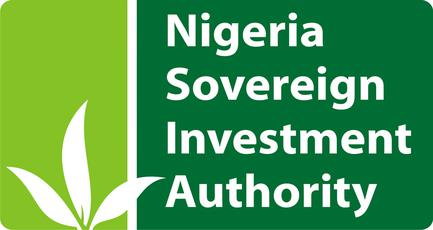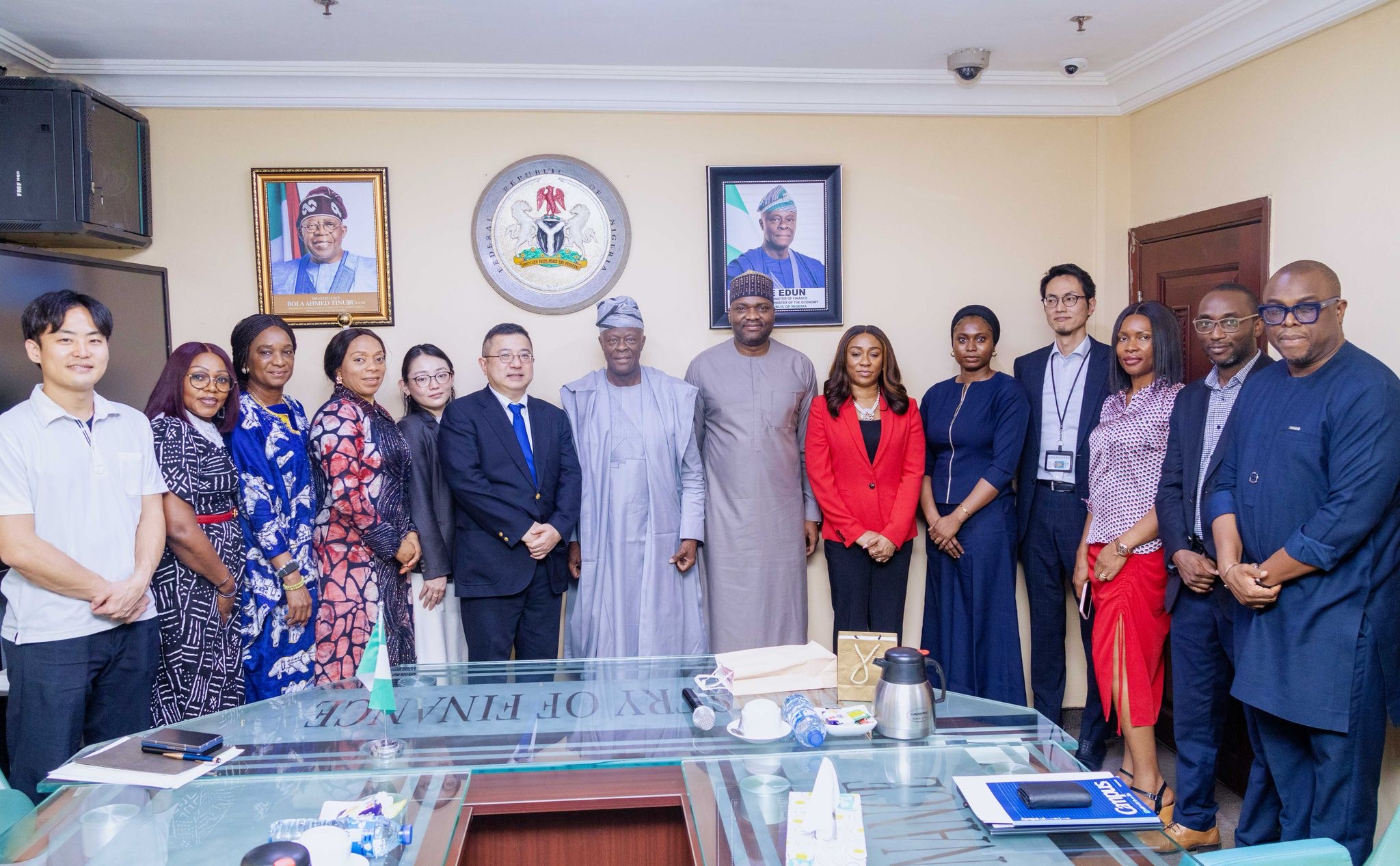NSIA exits fertilizer scheme

The Nigeria Sovereign Investment Authority (NSIA) is set to conclude its involvement in the Presidential Fertiliser Initiative (PFI) this year, marking the end of an eight-year endeavor that has significantly transformed Nigeria's fertiliser blending landscape. This announcement was made by Aminu Umar-Sadiq, the Managing Director and Chief Executive Officer of the NSIA, during the Authority’s 2024 Earnings Presentation and media engagement. The PFI, launched in 2017 under former President Muhammadu Buhari, was designed as an interim solution to diminish reliance on fertiliser imports, invigorate dormant blending plants nationwide, and provide affordable, high-quality fertiliser to Nigerian farmers. The initiative required that over 60 per cent of raw materials be sourced locally and production occur at domestic blending plants.
Umar-Sadiq emphasized that the NSIA's intervention was intended to address a specific market failure. “We have successfully resuscitated the industry. The original idea was not to be in fertiliser forever,” he stated. “We stepped in to fix a market failure, and now that has been done, we are exiting. The government will take over fully.” This transition signals a policy shift, with the Ministry of Agriculture and Food Security poised to assume full ownership of the scheme before the 2025 farming season.
At its inception, the PFI aimed to tackle the erratic supply and high costs of imported fertilisers that burdened Nigerian farmers. The NSIA was tasked with executing the programme through a Special Purpose Vehicle, NAIC-NPK Limited, which managed operations from sourcing raw materials to distributing fertilisers. Umar-Sadiq noted the substantial growth in the sector, stating that the number of operational blending plants had increased from just four in 2017 to over 81 by the end of 2023, and further to 90 by 2024. This resurgence is a testament to the initiative's success in revitalizing the industry.
The NSIA’s role encompassed sourcing raw materials, coordinating finance, and streamlining production and distribution. Strategic partnerships and import substitution efforts led to reduced fertiliser costs and improved availability across the country. Umar-Sadiq highlighted that many of these plants are now commercially viable, operating independently of government subsidies, driven by private sector investments. “Some of those blending plants were built by the private sector, which is what we want—crowding in private capital,” he added.
To ensure a smooth transition, the NSIA is providing the Ministry of Agriculture with robust data systems, targeted training, and institutional safeguards. These measures are designed to maintain continuity and prevent any decline in standards. “We’re making sure that everything is put in place for the ministry to run with it,” Umar-Sadiq affirmed, emphasizing the responsible handling of the transition.
Looking ahead, the NSIA is focusing on new and ongoing projects in infrastructure, healthcare, and renewable energy. Umar-Sadiq outlined the Authority’s strategic direction, stating, “Our role is to invest in commercially viable, high-impact sectors.” This includes health projects such as cancer centers, road investments through public-private partnerships, and renewable energy initiatives. The NSIA is also preparing to expand its role in climate finance, developing products around carbon markets.
Addressing broader economic concerns, Umar-Sadiq highlighted the risks associated with Nigeria’s heavy reliance on oil revenue. He pointed out that despite high oil prices in the past, Nigeria did not fully benefit due to revenue retention issues. The NSIA, he explained, is structured to take a long-term view and protect future generations from economic shocks, operating beyond short-term political cycles. “We are not like a ministry that thinks in election cycles. We think 20, 30 years ahead,” he noted.
Since its inception, the NSIA has received a cumulative $1.82 billion in net contributions from the government. As of December 2024, the Authority’s net asset value stood at $2.84 billion, approximately N4.35 trillion. In the 2024 financial year, the NSIA reported an operating income of N1.85 trillion, with profit after tax and total comprehensive income at N1.88 trillion. The fund achieved a return on average assets of 12.2 per cent and a return on average equity of 12.4 per cent.
The NSIA remains dedicated to attracting capital and supporting long-term economic growth in key sectors such as agriculture, housing, energy, and healthcare. Chief Financial Officer Victor Sesere emphasized the organization’s forward-looking approach to infrastructure planning, highlighting that all medical equipment procurements include a 10-year operations and maintenance contract to ensure consistent performance. He also noted the institution’s strong financial performance in 2024, with all revenue streams recording growth. The surge in total assets to nearly N4.4 trillion was driven by strong returns from investment securities and strategic allocations in hedge funds, private equity, fixed deposits, and collateralized instruments, further boosted by a $175 million capital injection from the federal government and gains from foreign exchange. The NSIA has also improved its efficiency, with its cost-to-income ratio dropping to 3.7 per cent.
Chief Operating Officer Ijeoma Taylaur acknowledged the challenges facing infrastructure investment, including inflation, currency volatility, and the withdrawal of major global funding programmes. Despite these challenges, she affirmed that the NSIA continues to attract domestic and international capital to bridge funding gaps and unlock large-scale investments across critical sectors of the Nigerian economy.












